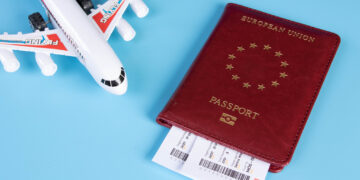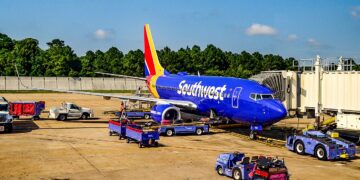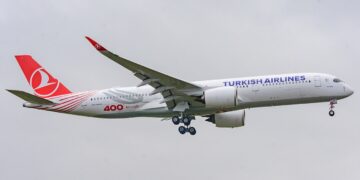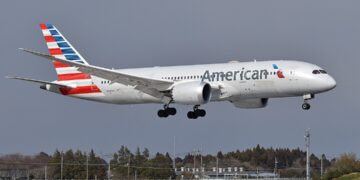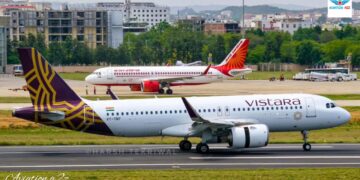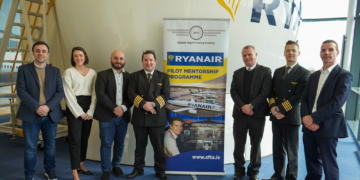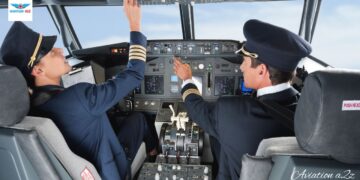The International Council on Clean Transportation (ICCT) has issued the latest study that finds that hydrogen-powered aircraft could cap emissions from passenger aviation with policy support and “look surprisingly likely from a design perspective”.
Sustainable aviation fuel
According to the ICCT, liquid hydrogen combustion aircraft could give carbon-free air travel on up to a third of international passenger needs beginning in 2035. The study outlines that aircraft burning “green hydrogen” made from renewable energy could help flights up to 3400 km at reduced fuel prices compared to sustainable aviation fuel.
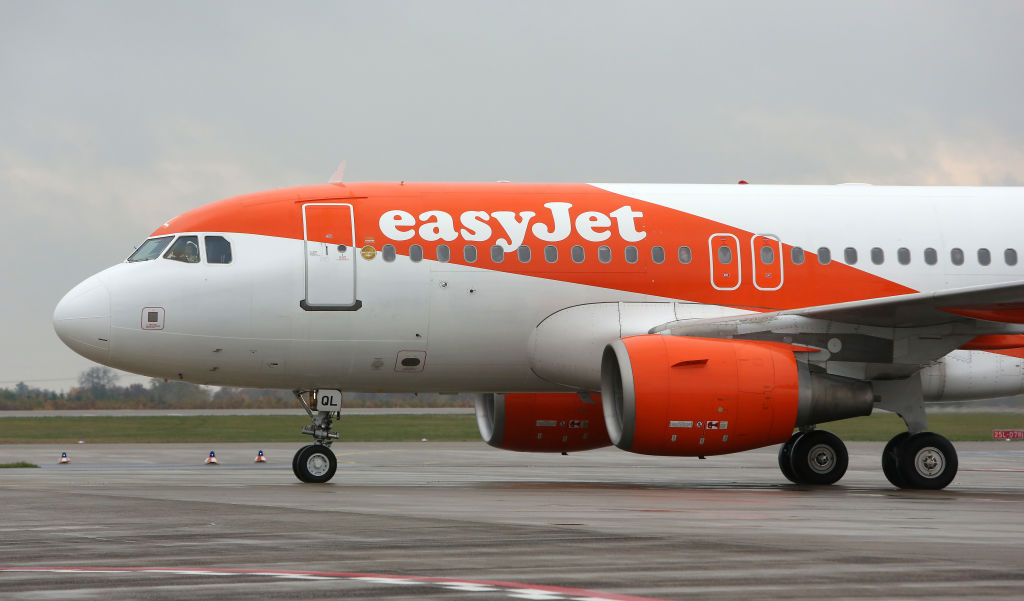
easyJet is advocating for the help of hydrogen in short-haul aviation to eliminate carbon emissions. In November, the airline converged Race to Zero, a global UN-backed campaign to achieve net-zero carbon emissions by 2050. To reach this goal, technology for carbon-free flying, such as hydrogen, will play a key role.
The airline completely helps the ICCT’s conclusion that “significant government support will be required to make hydrogen aircraft work” and that “they deserve a level playing field along with ‘drop-in’ sustainable aviation fuels, which stay scarce and costly.”
easyJet has been urging industry and government collaboration to develop policies to promote the development of hydrogen-powered aircraft as well as the required technology, infrastructure, and green hydrogen production.
Johan Lundgren, CEO of easyJet, told
“We welcome the findings of this important statement by the ICCT, which shows that carbon-free flight is possible over shorter ranges, something we have extended argued.
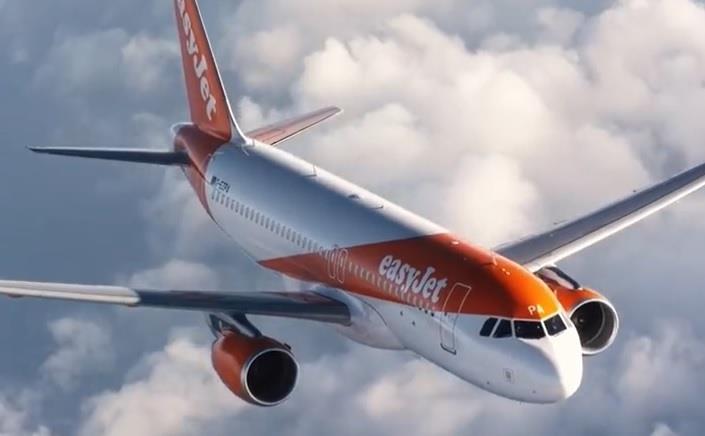
- Hydrogen is a possibility for British and European aviation, so we restart to urge governments to quickly put incentives in place to keep it, develop regional hydrogen infrastructure, and level the playing field with sustainable aviation fuels.”
Championing the development of a carbon-free aircraft to decarbonize aviation has long been a focus for easyJet and the airline is operating with partners across the industry, including Airbus, Rolls-Royce, Cranfield Aerospace Solutions, and Wright Electric, to accelerate the growth of zero-carbon emission technologies and the required infrastructure. The airline is optimistic that it could start flying customers on carbon-free planes from the mid-2030s.
Meanwhile, EasyJet is the only main airline in Europe to offset the carbon emissions from the fuel utilized for all its flights. This arrives at no additional price to its customers and the airline only supports projects that are approved by either Gold Standard or Verified Carbon Standard.
Also, read
- Civil aviation’s first-ever tableau showcases regional connectivity Scheme ‘UDAN’
- Akasa Air probably to begin flights in late May, Says CEO
- Istanbul Airport closed due to heavy snowfall in Turkey
These projects reduce or release carbon in the atmosphere. This is not a long-term solution, but we think it now represents the best way to compensate for the effect of the carbon cast from flying until new technologies such as hydrogen and sustainable aviation fuels evolve widely available.
Beyond carbon, easyJet is focusing on reducing waste within its wider operations and the supply chain as well as decreasing plastic. By the end of 2021 more than 36 million single-use plastic, things were eliminated from inflight processes.
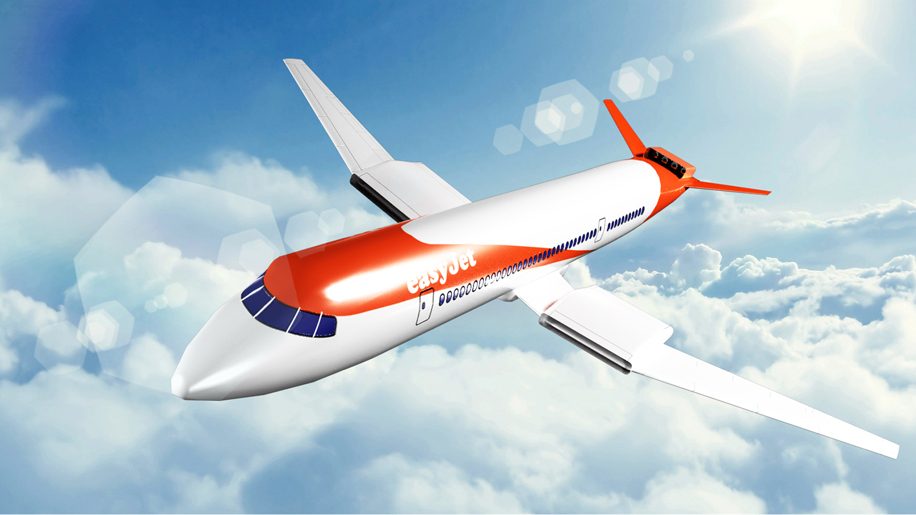
The airline also just presented new crew uniforms made from recycled plastic bottles. With 45 bottles in each uniform, this has the potential to prevent 2.7 million plastic bottles from ending up in landfills or oceans over the next five years.
Thank you
Stay updated with Aviationa2z.com




